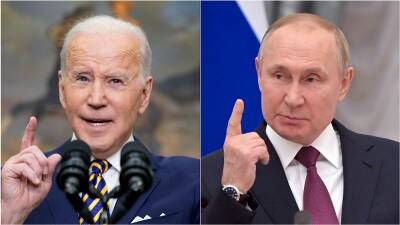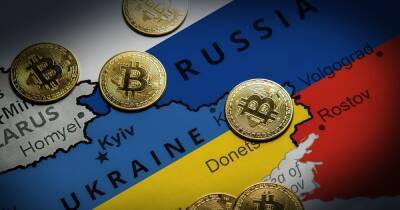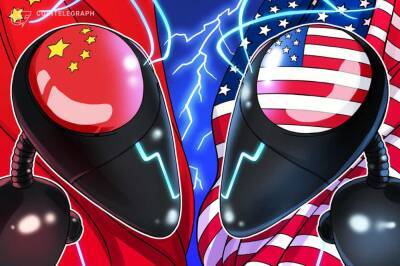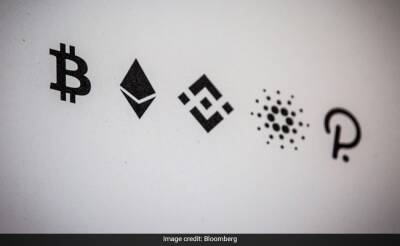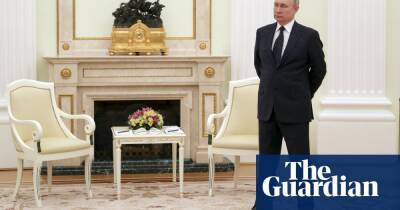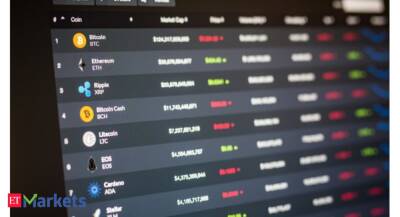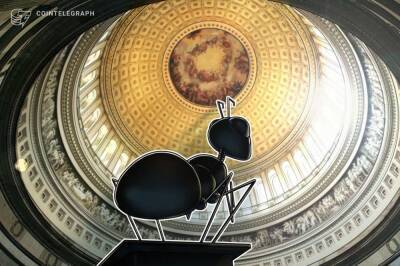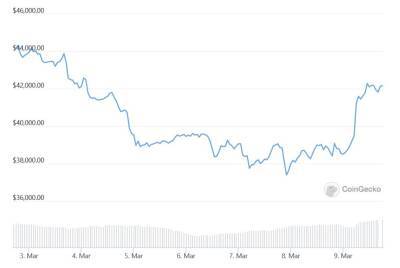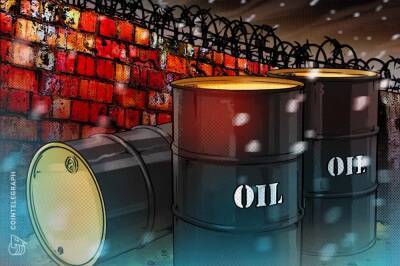China watches warily as Ukraine makes U.S., EU and Japan strengthen their alliance
BEIJING — Since taking office last year, President Joe Biden has pursued a strategy of restoring relationships with allies to put pressure on Beijing.
The Russian invasion of Ukraine nearly two weeks ago showed what those allies can do.
For China, the speed and severity with which the U.S. and its allies sanctioned Russia is a warning sign that could guide future economic and foreign policy.
Chinese officials have increased efforts to buttress their country's self-reliance since President Donald Trump sanctioned telecommunications giant Huawei and slapped tariffs on billions of dollars' worth of Chinese goods.
But Trump did all that singlehandedly — while simultaneously damaging ties with Europe and provoking uncertainty among U.S. allies in Asia.
«Given the success that the U.S. has had in coordinating the financial sanctions and export controls not just with Europe but also with Japan, a key player in tech value chains — this is extremely alarming for China,» said Reva Goujon, senior manager for the China corporate advisory team at Rhodium Group.
«This is a very multilateral moment,» Goujon said. «At a high level, you would think China would benefit from [the U.S.] having a big distraction in Europe, but actually [this] only accentuates those policy debates over critical exposure and vulnerabilities to Chinese supply chains.»
From Germany to Japan, many countries have joined the U.S. in freezing the assets of Russian oligarchs, restricting access of Russia's biggest banks to the global financial system, and cutting off Russia from critical technology.
On Monday, Chinese Foreign Minister Wang Yi said the friendship between China and Russia is «rock solid.»
He pointed specifically to a joint statement between Chinese
Read more on cnbc.com


